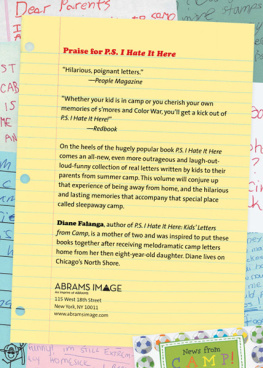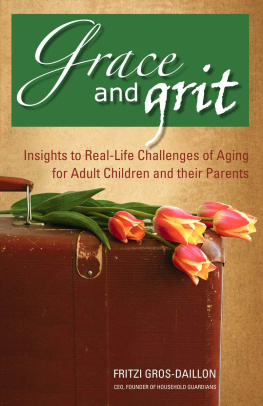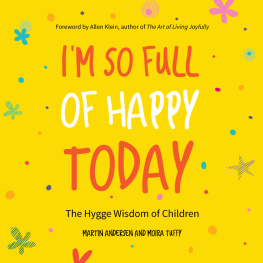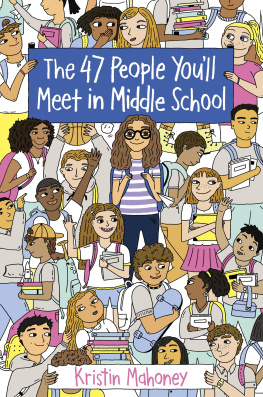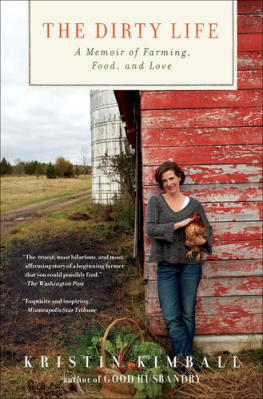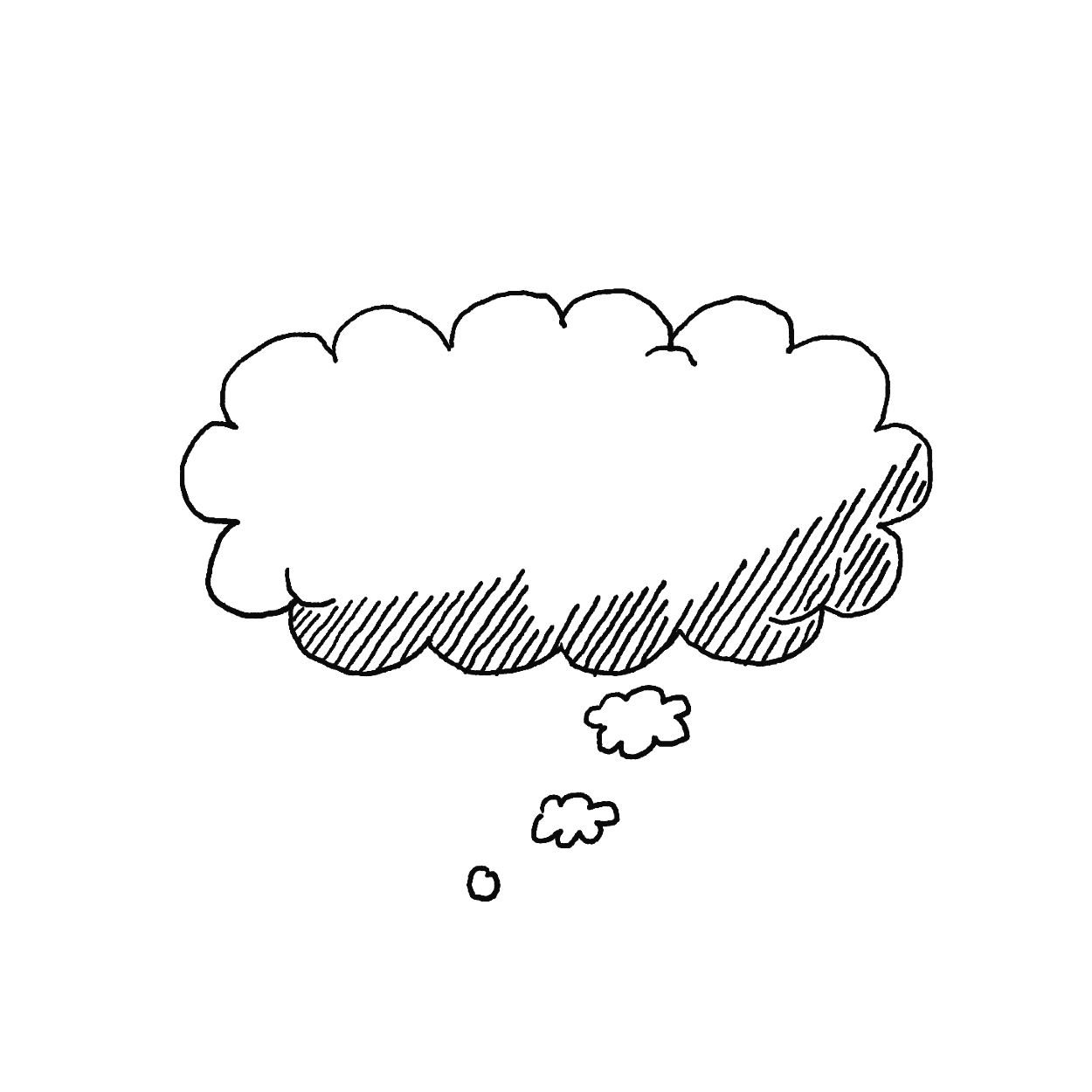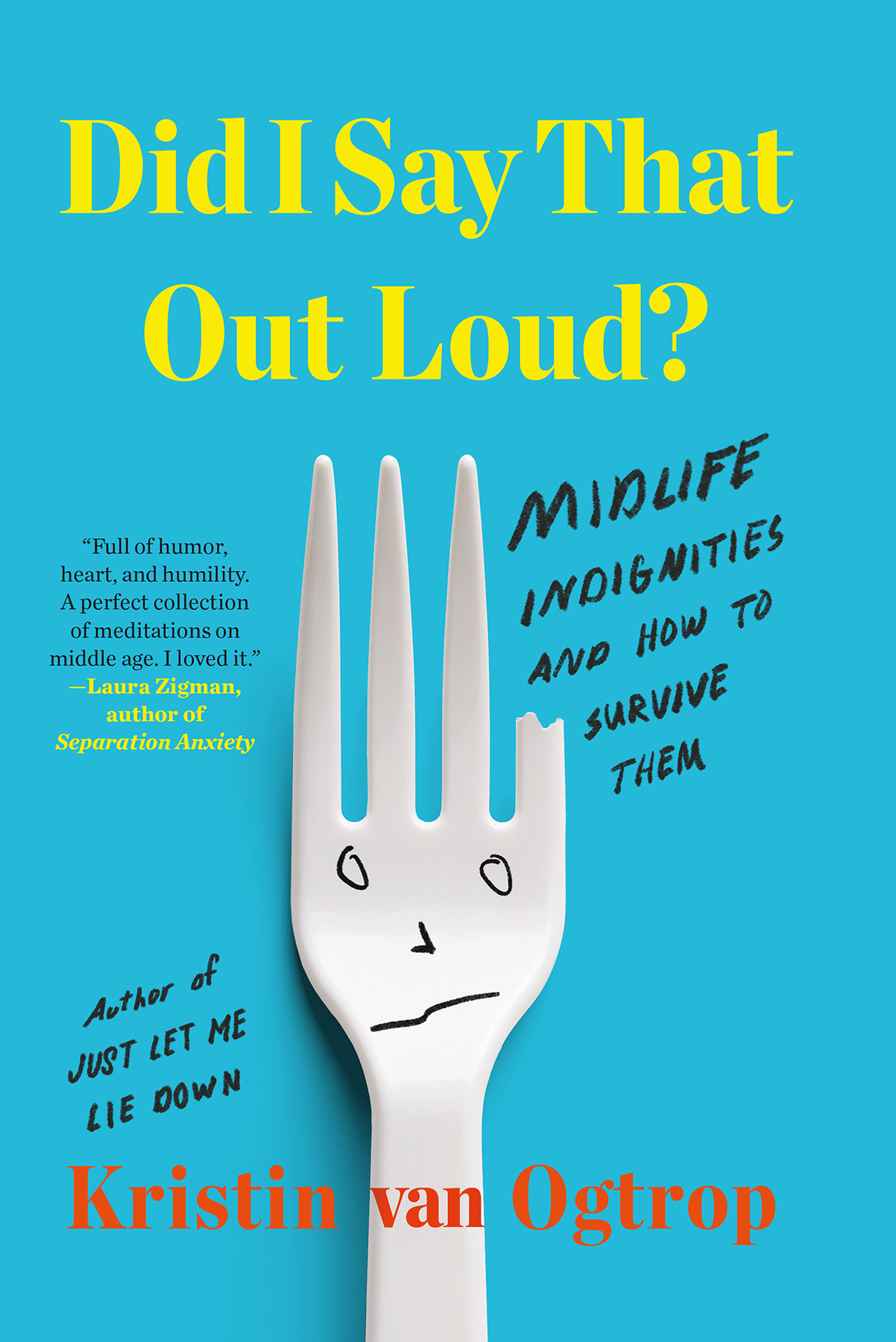
Copyright 2021 by Kristin van Ogtrop
Cover design and chapter illustrations by Gregg Kulick
Cover art by Getty Images
Author photograph by Sasha Erwitt
Cover 2021 Hachette Book Group, Inc.
Hachette Book Group supports the right to free expression and the value of copyright. The purpose of copyright is to encourage writers and artists to produce the creative works that enrich our culture.
The scanning, uploading, and distribution of this book without permission is a theft of the authors intellectual property. If you would like permission to use material from the book (other than for review purposes), please contact permissions@hbgusa.com. Thank you for your support of the authors rights.
Little, Brown Spark
Hachette Book Group
1290 Avenue of the Americas, New York, NY 10104
littlebrownspark.com
facebook.com/littlebrownspark
twitter.com/lbsparkbooks
First Edition: April 2021
Little, Brown Spark is an imprint of Little, Brown and Company, a division of Hachette Book Group, Inc. The Little, Brown Spark name and logo are trademarks of Hachette Book Group, Inc.
The publisher is not responsible for websites (or their content) that are not owned by the publisher.
The Hachette Speakers Bureau provides a wide range of authors for speaking events. To find out more, go to hachettespeakersbureau.com or call (866) 376-6591.
Versions of the following essays were originally published in Time magazine: Dont Make Me Rate You (May 30, 2016); How I Learned to Stop Worrying and Love the Roomba (April 10, 2017); Facebook? Check. Twitter? Check. Instagram? Check. Snapchat? I Give Up (March 7, 2016); My Own Style of She Shed: More Vodka, Less Gingerbread Trim (originally titled My Very Own She Shed, July 6/July 13, 2015); What This Good Enough Mother Learned from an Extraordinary Babysitter (August 1, 2016); Letter of Apology to a Son Graduating from College (April 24, 2017). Rebel Love previously appeared, in a shorter form, in Adirondack Life (January/February 2019).
The poem If You Are Holding This Book is reprinted with permission from Dog Songs, copyright 2013 by Mary Oliver, published by Penguin Press. The poem Heaven is reprinted with permission from Patrick Phillips.
A few names and identifying details have been changed to protect the privacy of individuals and enable the author to still have friends.
ISBN 978-0-316-49748-0
LCCN 2020943154
E3-20210302-DA-PC-ORI
For my parents,
who experienced much of this stuff before I did
but never really complained about it
Explore book giveaways, sneak peeks, deals, and more.
Tap here to learn more.

Something happened in the past few years, something sneaky and silent that I didnt even realize was a problem until it was right upon me, like a bat about to fly into my hair: everyone around me became mindful.
When you were a kid, did you worry about mindfulness? Of course not. You just did your thing, tra-la-la-ing through life, with a relatively mindless approach that usually worked just fine. Now, suddenly, people are paying so much attention! Greeting every situation with open hearts and discerning minds, bidding each other namaste everywhere they go. And learning how to breathe, which, last time I checked, generally doesnt need to be taught?
As soon as I noticed this awful development I thought, Ugh. It all sounds so boring and I definitely do not need to change the way I breathe in order to be a better person or find out whether my life has meaning.
But one of the hallmarks of middle age is the mistaken belief that if you constantly endeavor to keep up with trends, you will never be left behind by your children, the culture, or that one woman in your book group who has always been cooler than you. I am nothing if not middle-aged, meaning its a long, pitiful slog from now until the end of my days to try to keep a grip on our world as it inexorably advances beyond my reach.
Which is why I found myself, not long ago, in a mindfulness meditation class on an otherwise ordinary Sunday afternoon. I was sitting cross-legged on an orange bolster on the floor of the local yoga studio, trying to accept with an open heart and discerning mind the fact that both of my feet were beginning to fall asleep and wondering whether mindfulness was a bunch of hooey, just as I suspected, when I heard the instructor say, There is a big difference between thinking and thoughts. Immediately I knew that the twenty-five dollars I had plunked in the basket outside the studio was completely worth it because, even if I never achieve mindfulness, that one simple phrase uncovered an essential truth that has eluded me for some time: I used to think, and now I have thoughts.
Oh, there is a difference. Thinking is linear, with one idea leading to another like identical cars of a long train, sleek and shiny, all linked and moving forward with precision to a preset destination. Maybe you are thinking about what you need from the grocery store or whether your dog has to go to the vet or how to reorganize your closet so each item inside doesnt look like something you never want to wear again. Whatever the case, you are progressing in an orderly fashion with the hopein fact, the reasonable expectationthat when you reach your destination, it will be pleasing and well worth the trip.
Once you pass the age of forty-five, however, the mysterious process happening inside your head is no longer linear. Now you are on a different train, a rickety circus train that looks like its held together with paper clips. Theres an elephant in one car and a lion in the next and then one with a giraffe whose head sticks out of the top and after that a car with a bunch of drunk clowns. You dont know where youre going and, really, does it matter? Because your circus train is probably about to crash.
That is the difference between thinking and thoughts.
Being a person with thoughts isnt all bad. If you lose yourself in the colorful scatter that is your mind, you can find hours of entertainment. But if you fight ittry to get the giraffe to keep his head inside the train or command the clowns to sober upyou are just going to be angry and sad for the rest of your life, however long that might be.
My mindfulness meditation class ended at 5:15 and dinner guests were due to arrive at 6:30. I had worked throughout the afternoon to prepare for the party, making quinoa salad and cutting the asparagus and chilling the wine and setting the table so all I had to do was roast the salmon and asparagus. We were hosting two couplesmy friend David and his girlfriend, plus newlyweds who had just moved to townso with me, my husband, and two of our kids, that made eight people for dinner.
Everything went according to plan and I was feeling mildly triumphant when we all sat down at the table, me on one end and my husband on the other. There was a weird emptiness that I couldnt quite put my finger on, plus a moment of confused silence. Then David said, Are we expecting more people? And all at once I understood the reason everyone felt so far away: I had set the table for ten instead of eight.
Ten place mats, ten plates, ten pressed white napkins, ten forks, ten knives, ten water glasses. Ten dessert plates waiting expectantly on the counter in the kitchen. All extremely organized. But not.


